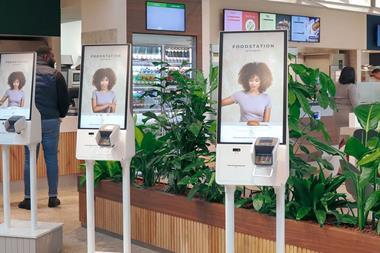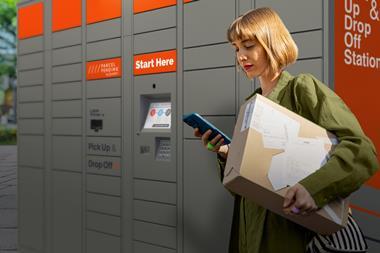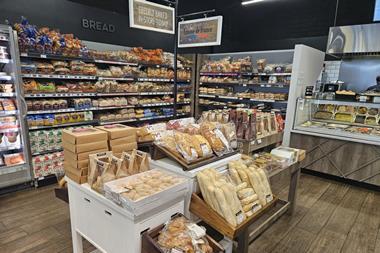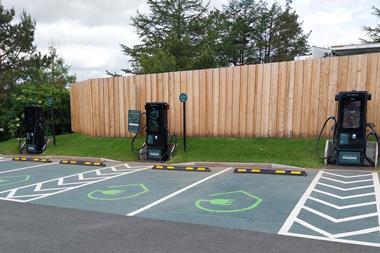Winning forecourts thrive, in part, due to their strong partner relations, with transparency, communication and feedback key tools for success. Here we explore what it takes to master partnership management.
In the competitive world of forecourt retail, effective partnership and vendor management is crucial for smooth operations and contractual compliance. However, efficiently managing these partnerships can be a challenge.
Here we share practical insights into how forecourt retailers can make the most out of their partnerships, drawing on experience working with industry leaders including BP, Ascona, Harvest Energy, Essar and more.
1. Leverage Centralised Communication
Effective communication is the cornerstone of any successful partnership. Juggling messages from vendors across multiple platforms such as email and WhatsApp can run the risk of causing chaos, with information easily being lost. Retailers need an effective consolidation platform, reassuring all partners that the right information has been shared effectively.
Utilising unified communications, to centralise all information, will make updates and feedback easily accessible, minimising the chance for confusion and making it easier to provide feedback to partners.
Improved communications also hinge on collaboration, and both parties should foster a culture of proactive problem-solving to truly improve relationships and minimise disruption if issues occur at any stage in the value chain.
2. Automated Task Management
Managing tasks efficiently is crucial for maintaining brand compliance and operational excellence. Whether you’re operating under a Company Owned Company Operated (COCO) model or a Dealer Owned Dealer Operated (DODO) model, it’s worth considering putting solutions and platforms in place to simplify this process.
Streamlining routine tasks like inventory checks, promotional setups, and quality audits is an easy way to increase productivity. And by utilising a platform that allows for partner visibility, you can boost client relations and build trust among partners. Increased visibility isn’t just beneficial for external partners, either. Utilising real-time progress tracking allows internal teams to easily monitor tasks and take immediate action to keep operations running smoothly, and sites fully compliant.

3. Maintain Brand Standards
Adhering to brand standards is vital for maintaining your partners’ trust and staying competitive, and checklisting and keeping photographic records is a good way to ensure transparency in these relationships moving forward.
Retailers should create and customise checklists for various compliance activities, ensuring that all standards—from product placements to store cleanliness—are systematically followed. Forecourts like Harvest Energy have adopted digital checklists for this reason, securely storing and easily accessing critical information to minimise incidents and reduce the risk of losing important documentation.
To ensure consistent high standards are upheld, staff should take photos of product displays, promotional setups, and other key areas, uploading them to a centralised platform for review. This visual documentation provides clear evidence of compliance and can be shared with partners to show adherence to their standards.
4. Foster Continuous Improvement Through Feedback
Continuous improvement is crucial for maintaining strong partnerships, and it’s important to have processes in place to gather and analyse feedback effectively.
Forecourt retailers should regularly ask for partner input on different aspects of the partnership and use this information to make improvements, creating a strong feedback loop.
Actions speak louder than words, and so it’s essential to analyse this feedback to pinpoint areas needing improvement. Making changes based on these insights will boost operational efficiency and strengthen retail partnerships.
Managing partnerships is crucial for any forecourt’s success. And Cegid Retail Store Excellence task management and retail operations platform, can help. Through the platform you can simplify communication, make data-driven decisions, automate tasks, and conduct regular audits. The platform’s digital checklists and photo features ensure brand standards are met and provide visual proof of compliance to share with partners.
These strategies not only ensure brand compliance but also enhance efficiency and customer satisfaction. By implementing these practices, your forecourt can become a trusted destination to cultivate strong, mutually beneficial partnerships. Utilising Cegid Retail Store Excellence will optimise your operations, help you avoid fines and violations, and secure better deals in the future.
To learn more, visit Cegid






























